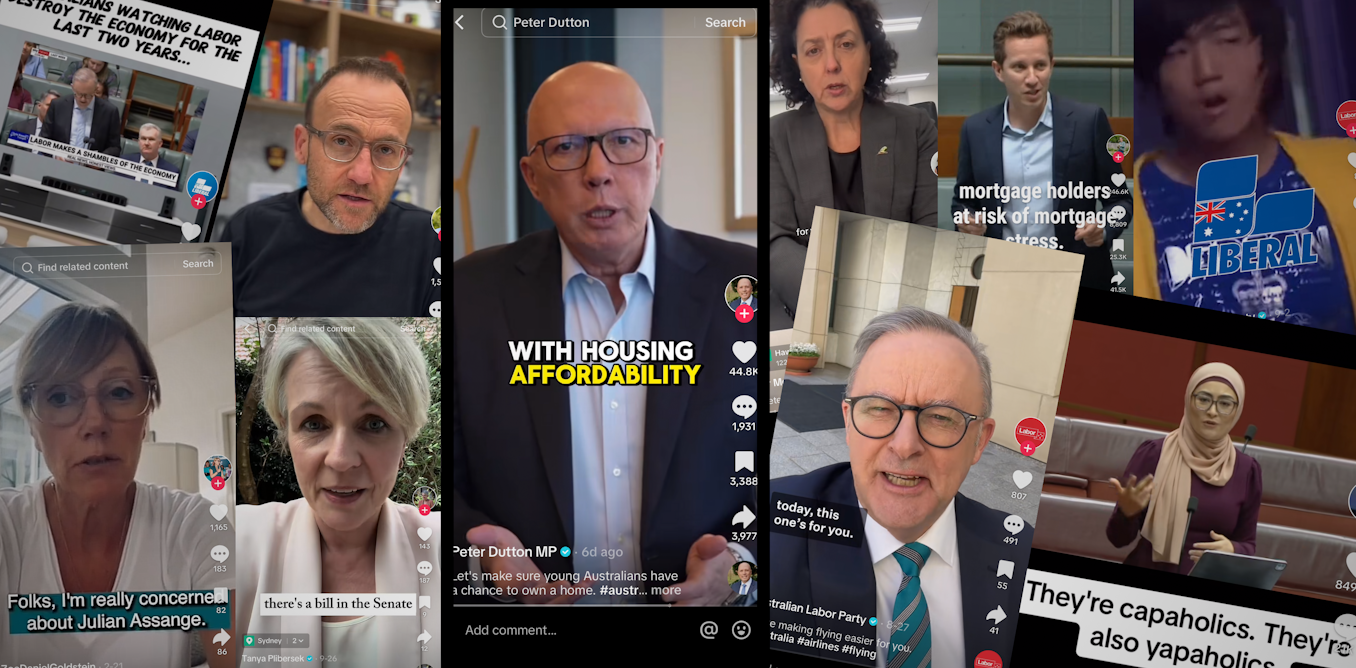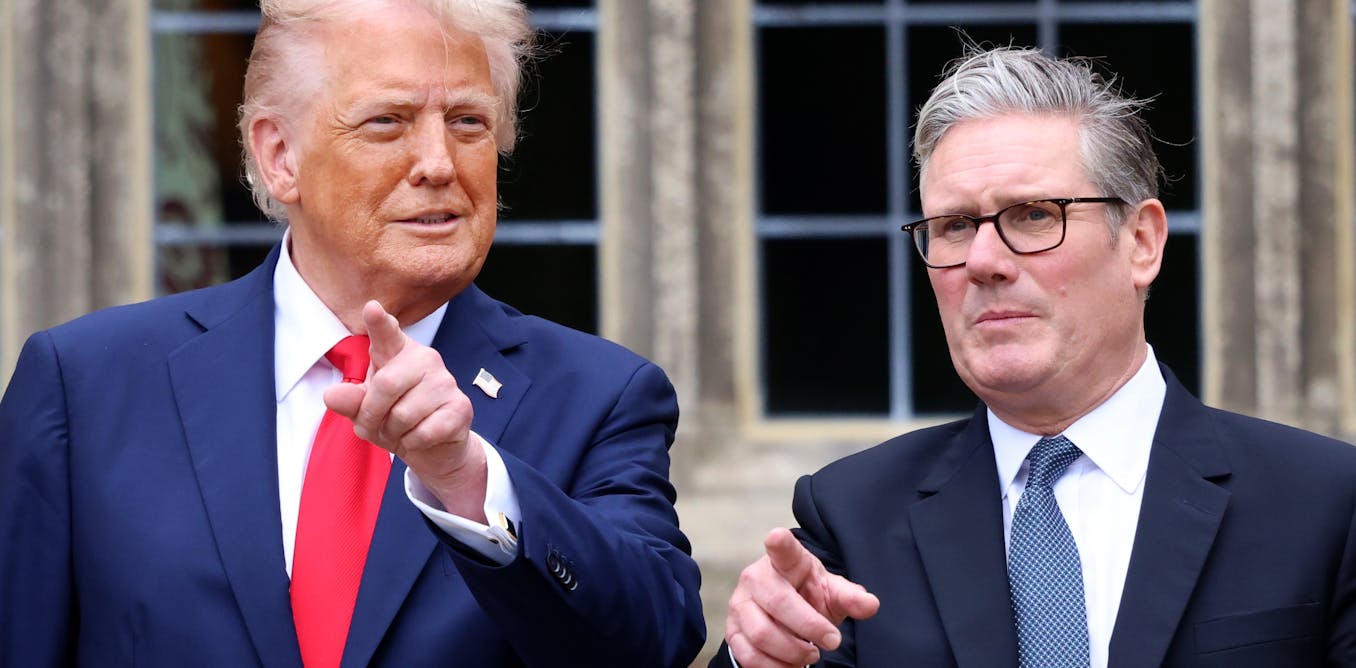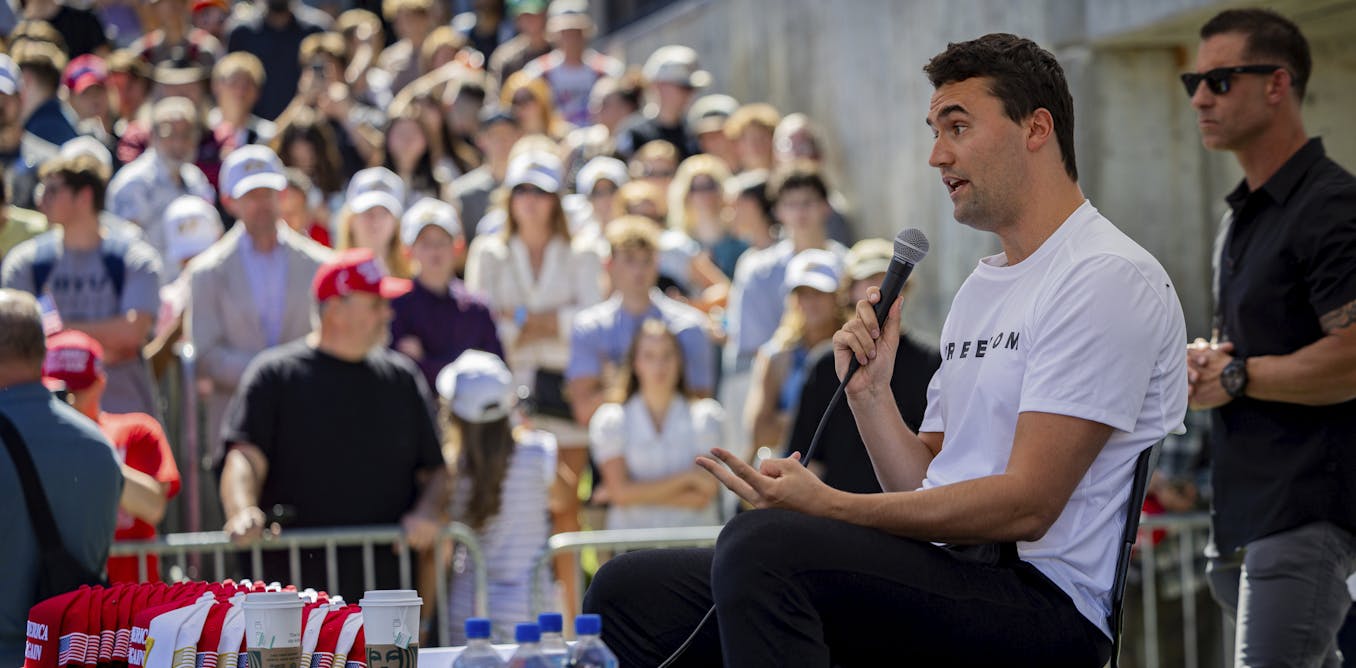Opposition Leader Peter Dutton’s recent decision to join TikTok marks a big shift in his approach to political campaigning. He previously criticised the platform over security concerns, but now he is embracing it.
Dutton’s reversal reflects a broader trend of Australian politicians using the platform. This is especially the case in 2024, a year marked by pivotal elections worldwide.
TikTok offers a unique form of engagement and allows politicians to reach a wide range of voters in ways traditional platforms don’t.
Dutton’s conservative first post does contrast with TikTok’s casual and engaging style, but signals a willingness to adapt to modern political communication. While his initial concerns about TikTok’s data privacy remain valid, his shift to actively using the platform emphasises its importance in political campaigns today.
TikTok’s rise as a political tool
The political landscape is changing. Politicians worldwide who once criticised TikTok are now joining it.
This shift not only marks evolving campaign strategies but also raises broader questions about the role of social media in democracy.
Major political figures, such as US presidential candidates Kamala Harris and Donald Trump, continue to use TikTok despite proposed bans in the United States. These bans are currently being contested in court, but are due to commence in January 2025.
The continued use of TikTok by both candidates underlines the platform’s undeniable significance in shaping political communication.
TikTok’s popularity stems from its ability to deliver accessible and engaging content. Voters are drawn to TikTok as a source of political news and information because of its easy-to-consume format.
TikTok allows politicians to bypass the formalities of traditional political communication and present their messages in a relatable way.
For instance, Senator Fatima Payman’s viral “skibidi” speech is a clear example of how effectively TikTok can amplify political content. She delivered this speech in the Australian Senate, using only TikTok slang.
It resonated with a younger demographic, and so far has more than eight million views.
As a result, her account now has more than 100,000 followers and continues to receive significant views on all posts.
However, when leaning into slang, trends and other visibility strategies, politician walk a fine line where content could be considered “cringe”. This cringe factor can arise if the trend being used is losing relevance or when the content seems out of place or forced (Dutton himself copped some flack for belatedly jumping on the “demure” trend).
The role of authenticity
One of the key factors behind successful political engagement on TikTok is authenticity. The platform thrives on genuine, relatable content. Politicians who can showcase a more human side tend to resonate with voters.
Payman’s use of TikTok slang in her speech connected her with younger audiences, demonstrating the power of speaking the language of the platform’s primary users. Authenticity plays a significant role in TikTok’s algorithm, making it essential for politicians to come across as sincere.
Because TikTok’s advertising policy bans political ads, politicians must rely on organic content to engage users. Authenticity is therefore an entry requirement.
Dutton’s presence on TikTok will be closely scrutinised to see how he balances the platform’s demand for authenticity with his public persona. Voters are more likely to engage with politicians they find relatable, so Dutton’s ability to reveal his “ordinary” side without making people cringe may determine how well he is received on TikTok.
Electioneering on TikTok
TikTok’s impact on elections has already been demonstrated in several countries.
In the 2022 Australian federal election, the Labor Party’s use of the app was linked to its success. UK Labour’s similar strategy in 2024 mirrored this result.
Elections are won and lost for many reasons. There is also no direct data linking TikTok content to voter decisions. But there is a clear correlation between effective use of the platform and electoral victories.
As Australia approaches its next federal election, TikTok will play a central role in how parties reach voters. For politicians like Dutton, mastering the balance between authenticity and policy will be key to successfully engaging and informing voters on this rapidly evolving platform.
Challenges ahead
TikTok’s short video format poses a challenge for conveying complex policy ideas, often leading to oversimplification. Politicians like Dutton must find ways to deepen engagement outside the platform to ensure voters understand their positions.
Another challenge is the legal issues TikTok faces, particularly in the US. If the platform is banned or restricted in what is a major market, it could affect its use globally, including in Australia. This could disrupt political outreach and engagement strategies, particularly for those who have cultivated a strong presence.
Dutton’s engagement with TikTok may also spark debate about balancing the benefits of reaching voters through a platform with concerns about data security and misinformation.

The post “Being on TikTok is a modern political necessity. Look no further than Peter Dutton” by Susan Grantham, Lecturer in Communication, Griffith University was published on 10/10/2024 by theconversation.com





































Leave a Reply